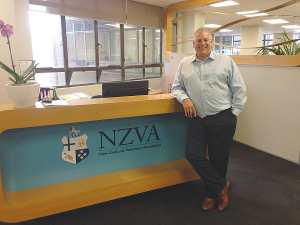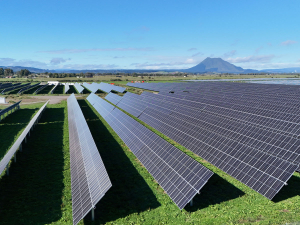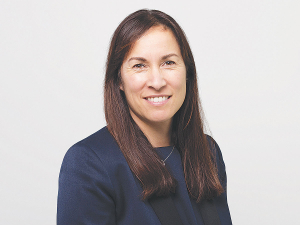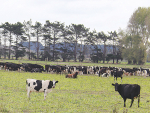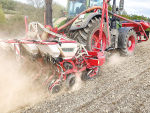New Zealand Veterinary Association (NZVA) chief executive Kevin Bryant says the decision is one that is hugely important to the industry.
“It will help reduce disruption to veterinary services as Phase Two of the Government’s Omicron response now gets underway,” says Bryant.
Critical worker status means vets will be able to continue working if they are labelled a close contact of someone with Covid-19, so long as they return daily negative rapid antigen tests (RATs). They will also need to self-isolate outside of work.
Bryant told Dairy News that now is one of the busiest times of the year for the dairy sector, so the decision comes as a big relief.
“Veterinarians and their teams that are registered as critical workers will be in a better position to manage their services, so that they can keep visiting farms and treating animals,” he says.
Bryant says that with borders closed and fewer overseas vets able to enter New Zealand, veterinary teams have been under the pump to meet demand.
“Staff shortages are putting some clinics under enormous pressure to meet client needs in a timely manner. This has seen teams working long hours, taking minimal time off to recoup, and managing ongoing afterhours support.”
In an update to veterinarians last week, the New Zealand Veterinary Council claimed the selfassessment tool offered by the Ministry of Business, Innovation and Employment (MBIE) wasn’t clear whether companion animal services qualified for critical worker status.
“This form is just a tool, and does not need to be completed to register as a critical service,” the update reads.
“The Government’s policy is clear that critical services include both those involved in food production and animal health and welfare.”
To register as a critical service, vets will need to log in to MBIE’s Business Connect service and select the Close Contact Exemption Scheme Register.

